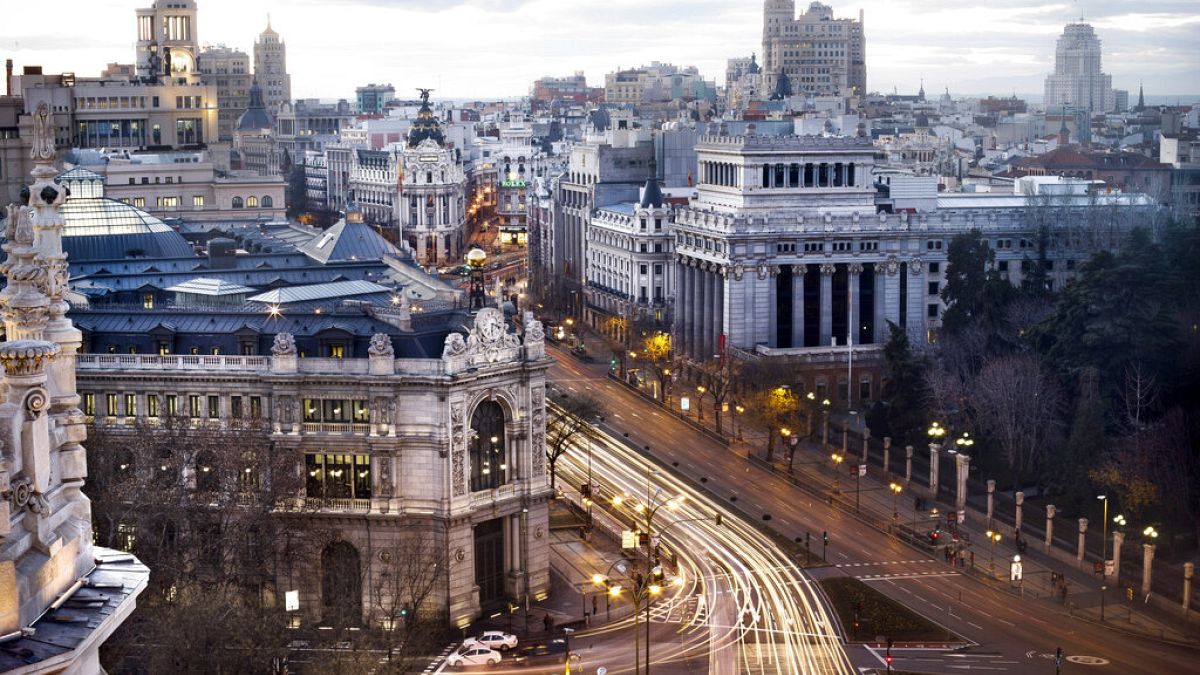An ambitious EU project to transform over 100 European municipalities into net-zero ‘climate cities’ by the end of the decade will depend on a rapid mobilisation of public and private investment.
The European Investment Bank has earmarked €2bn in lending for over 100 cities that have signed up to an EU mission to reach net-zero greenhouse gas emissions by 2030, and the European Commission has set up a financial advisory service as the huge cost of the exercise becomes clear.
The von der Leyen commission launched the ‘Climate-Neutral and Smart Cities’ project in April 2022, selecting 100 cities in the EU and 12 in countries associated with the Horizon Europe research funding facility out of a total of 377 who had expressed an interest.
The new Climate City Capital Hub was announced at a two-day conference that opened in Velencia on 25 June. “Its particular focus will be on engagement with private capital,” the Commission said, and it will be supported by a separate EU mission dealing with climate adaptation – an increasingly acute issue in many urban areas.
The EIB financing and advisory services will be available to the 33 cities so far awarded the ‘EU Cities Mission Label’. The EU executive is currently analysing the draft Climate City Contracts” (CCCs) of a further 23 participants, which set out a city’s commitments, climate action plans, and investment plans.
The new €2bn facility is aimed at plans to invest in energy, efficient buildings, district heating systems, renewable energy, sustainable mobility, urban renewal and regeneration, water and social infrastructure.
Bankers without Boundaries (BwB), a social enterprise led by former investment bankers, is lead partner in the EU project, offering finance and investment support to participating cities. In a statement today it pointed to a “€650 funding gap” that will need to be bridged for the 112 cities to reach net-zero by 2030, twenty years ahead of the climate neutrality deadline for the EU as a whole.
“Next to public finance streams, the services of the Capital Hub – whether through tailored advice on project development or identifying potential investors – will be critical to turning net zero ambitions into reality and making our cities healthier and more vibrant for their citizens,” said BwB CEO Rupesh Madlani.
Among the 33 to have have already received the EU’s ‘mission label’ are towns and cities as diverse as Mannheim in Germany, Madrid, Cluj-Napoca in Romania, Pécs in southern Hungary, Lappeenranta and four other Finnish municipalities, and Izmir in Turkey.
According to the Commission the average climate action budget in their net-zero plans is €3.6bn euros.

